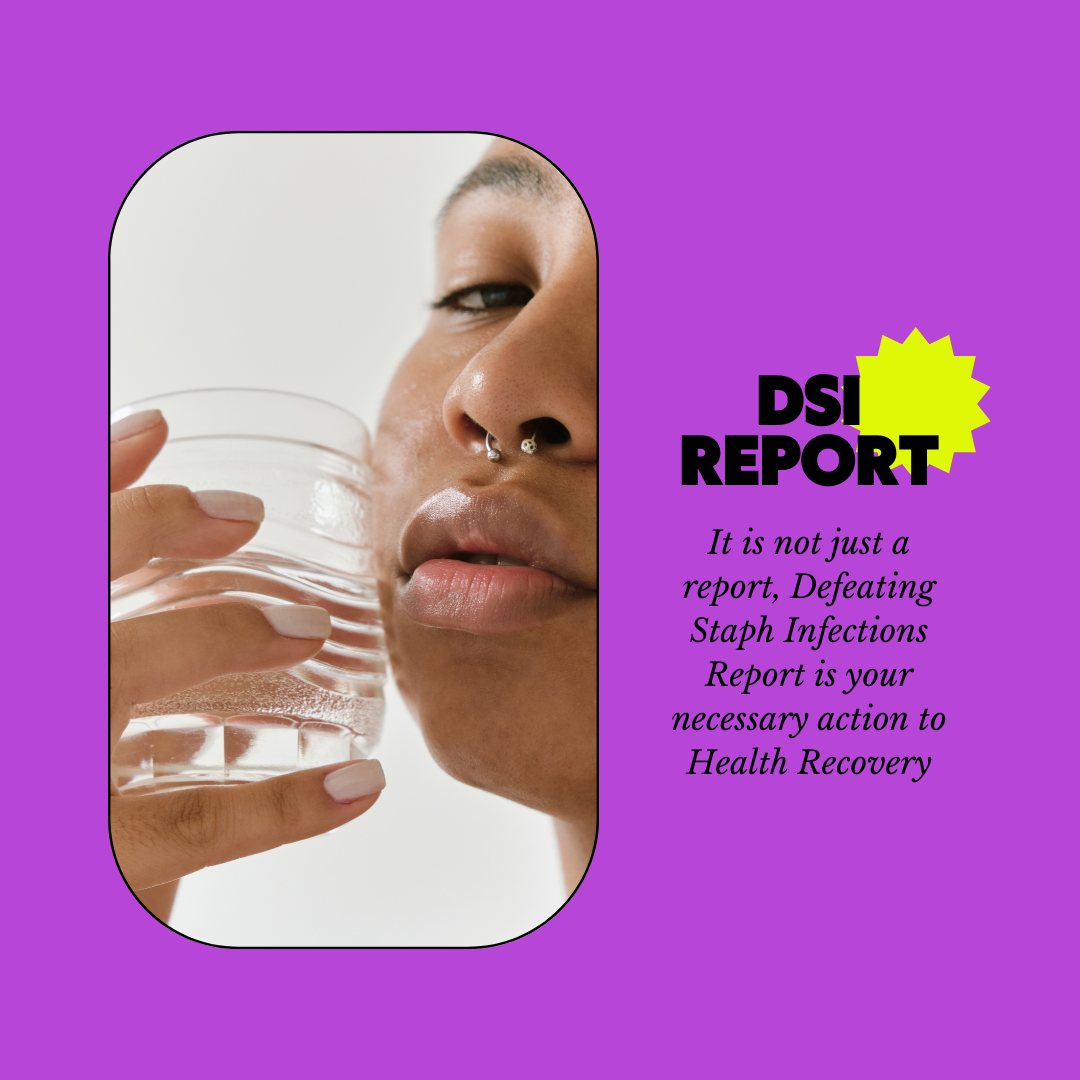What dietary habits can help boost the immune system against Staphylococcus infections?
Boosting the immune system through dietary habits can play a supportive role in protecting against infections, including those caused by Staphylococcus bacteria. A robust immune system can help the body respond more effectively to infections, potentially reducing the severity or likelihood of complications. Here are some key dietary habits that can help strengthen immune function:
1. Balanced Diet:
Eating a well-balanced diet rich in a variety of nutrients helps keep the immune system strong. This includes a mix of:
- Fruits and Vegetables: High in vitamins, minerals, and antioxidants, they help combat inflammation and protect body cells.
- Proteins: Critical for the repair and building of body tissues and the making of antibodies and immune system cells.
- Whole Grains: Provide essential nutrients and fiber that support healthy digestion and lower inflammation.
- Healthy Fats: Such as those found in olive oil, nuts, seeds, and fatty fish, which help regulate immune responses.
2. Adequate Vitamins and Minerals:
Certain vitamins and minerals are particularly important for immune function:
- Vitamin C: Found in citrus fruits, strawberries, bell peppers, and spinach, it is known for its immune-boosting properties.
- Vitamin D: Can be obtained from sunlight exposure, fortified foods, and supplements. Vitamin D deficiency has been linked to increased susceptibility to infection.
- Zinc: Found in meat, shellfish, legumes, seeds, and nuts, it is crucial for immune cell function and signaling.
- Iron: Necessary for immune cell proliferation and maturation, especially lymphocytes, linked to the response to infection.
3. Probiotics and Prebiotics:
- Probiotics: These are live beneficial bacteria found in yogurt, kefir, sauerkraut, and other fermented foods. They can help balance gut bacteria and improve gut barrier function, which plays a significant role in immune function.
- Prebiotics: Found in foods like bananas, onions, garlic, leeks, asparagus, and whole grains, prebiotics help nourish good bacteria in the gut.
4. Adequate Hydration:
Drinking sufficient fluids is vital for overall health and helps your immune system function optimally. Water is best, and other fluids such as herbal teas can also contribute to adequate hydration.
5. Moderate Alcohol Consumption:
Excessive alcohol consumption can weaken the immune system and make the body more susceptible to infections. Moderating alcohol intake can help the immune system to function optimally.
6. Limit Added Sugars and Salt:
High intakes of sugar and salt can lead to negative health effects and may impair immune function. Reducing these in your diet can help maintain a stronger immune system.
7. Antioxidant-Rich Foods:
Consuming foods rich in antioxidants can help reduce oxidative stress and inflammation in the body. Berries, nuts, dark chocolate, and vegetables are good sources of antioxidants.
While these dietary habits can support immune health, they do not guarantee protection against Staphylococcus infections alone. They should be part of a comprehensive approach to health that includes good hygiene practices, regular exercise, adequate sleep, and proper medical care when needed.






Post a Comment